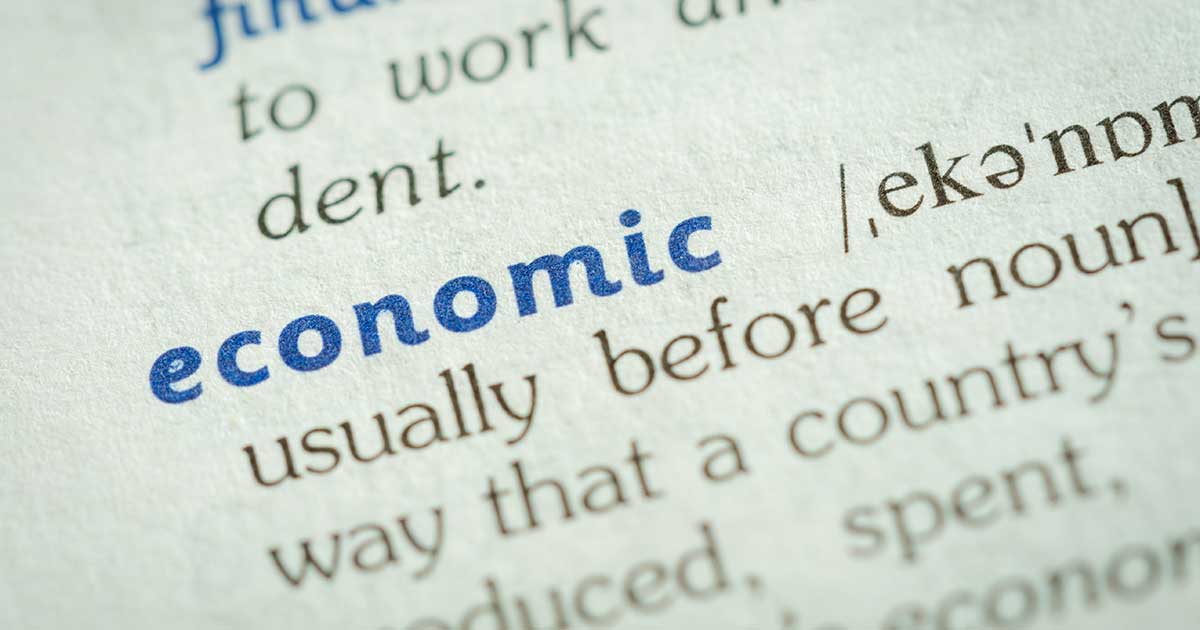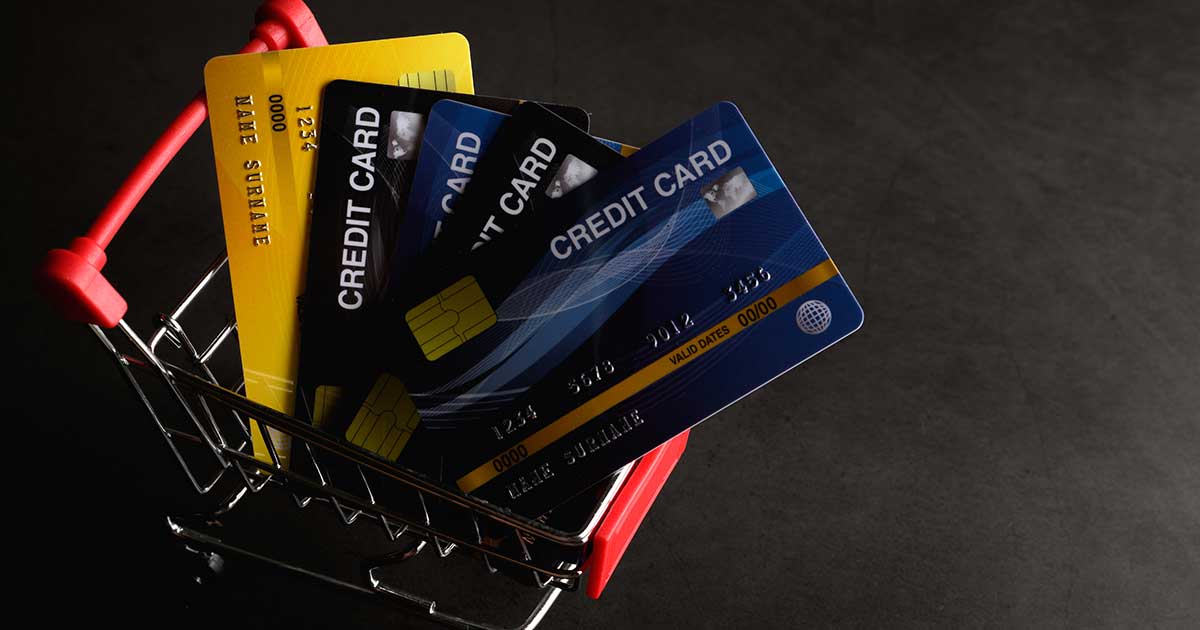How Credit Cards Actually Work
Credit cards aren’t free money (though they might initially feel like it). When you use a credit card, you’re borrowing money from the card issuer with a promise to repay it. Each month, you’ll receive a statement showing:
- Your purchases
- The minimum payment due
- The payment due date
You have two options when your bill arrives:
- Pay the entire balance and avoid interest charges
- Pay at least the minimum amount and carry the rest over to the next month (this is where interest kicks in)
Understanding this fundamental principle is essential before you apply for your first card.
Types of Credit Cards for First-Time Applicants
Not all credit cards are created equal. Here are the main types you’ll encounter:
Student Credit Cards
These are designed specifically for college students with limited credit history. They typically offer:
- Lower credit limits
- Educational resources
- Sometimes small rewards for good grades
Secured Credit Cards
Rewards Credit Cards
These cards give you something back for your spending:
- Cash back (like 1-2% back on purchases)
- Travel points or miles
- Store-specific rewards
As a first-time applicant, you might not qualify for premium rewards cards right away, but starter versions are often available.
Balance Transfer Cards

Credit Card Terms You Need to Know
Before you apply, familiarize yourself with these important terms:
APR (Annual Percentage Rate)
This is the yearly interest rate you’ll pay if you carry a balance. The lower the APR, the less interest you’ll pay. First-time credit cards typically have APRs between 15-24%.
Credit Limit
This is the maximum amount you can charge to your card. First cards often start with limits between $300-$2,000 depending on your income and credit profile.
Grace Period
This is the time between the end of your billing cycle and your payment due date. During this period (typically 21-25 days), you won’t be charged interest on new purchases if you paid your previous balance in full.
Annual Fee
Some cards charge a yearly fee just for having the account. Many starter cards have no annual fee, which makes them a good choice for your first card.
Minimum Payment
This is the smallest amount you can pay each month to keep your account in good standing. Paying only the minimum will cost you significantly in interest over time.

How to Choose Your First Credit Card
Check Your Credit Score First
Before applying, check your credit score to know where you stand. This will help you target cards you’re more likely to get approved for. Sites like Credit Karma offer free credit scores.
Consider Your Spending Habits
Think about how you’ll use the card:
- Will you pay in full each month? Focus on rewards.
- Carrying a balance sometimes? Prioritize a lower APR.
- Building credit from scratch? Consider secured options.
Compare Card Features
Look beyond flashy marketing to compare:
- APR ranges
- Fee structures
- Rewards programs
- Credit building tools
- Customer service reputation
Read the Fine Print
Before applying, review the card’s terms and conditions carefully. Look for:
- Penalty APRs
- Late payment fees
- Foreign transaction fees
- Cash advance costs
Recommendation: Check out Net2Pay’s guide on “Understanding Credit Card Terms and Conditions” for a deeper look at what to watch for in the fine print.
Tips for Responsible Credit Card Use
Now the most important part—using your new card wisely:
Start with One Card
Having just one credit card makes it easier to track your spending and payments. Master managing one card before considering others. The first few months with a credit card are crucial for establishing healthy financial behaviors like checking your account regularly, paying on time, and staying within your budget. These habits are easier to build when you’re managing just one account.
Set Up Automatic Payments
Missing payments hurts your credit score and triggers fees. Set up automatic payments for at least the minimum due to avoid these issues. Setting up automatic payments creates a safety net that ensures at least your minimum payment will be made on time, every time.
Keep Your Balance Low
Try to use no more than 30% of your available credit limit. This credit utilization ratio is an important factor in your credit score calculation. The 30% recommendation isn’t arbitrary—it’s based on how credit scoring models evaluate risk. From a lender’s perspective, high utilization suggests you might be financially stretched or overly dependent on credit, which statistically correlates with higher risk of future payment problems.
Pay in Full When Possible
Paying your full balance each month helps you avoid interest charges completely—this is how savvy cardholders use credit cards to their advantage. This approach transforms credit cards from potentially expensive debt instruments into powerful financial tools that work for you rather than against you
Monitor Your Account Regularly
Check your account weekly to track spending and watch for suspicious charges. Most card issuers offer mobile apps and text alerts to make this easy. The sooner you spot unauthorized transactions, the easier they are to resolve. Most major card issuers offer sophisticated apps that allow you to report suspicious activity with a few taps.
Don't Apply for Multiple Cards at Once
Each credit card application causes a small temporary dip in your credit score. Space out applications by at least six months. Multiple applications in a short period have a cumulative effect—three applications might lower your score by 15-30 points or more, which can be significant, especially for someone new to credit with a lower starting score.

The Credit Card Application Process Explained
Information You'll Need
- Social Security Number
Your Social Security Number lets credit card companies confirm your identity and check your credit history. It’s required by law for financial institutions to verify who you are before extending credit. The SSN connects to your credit reports at Equifax, Experian, and TransUnion, showing your payment history and existing accounts. Only provide your SSN on secure websites from legitimate banks and credit card companies. - Employment information
Credit card applications ask where you work, your job title, and how long you’ve been employed there. This shows financial stability—staying at one job for several years looks better than frequently changing jobs. Your employment status (full-time, part-time, self-employed) helps determine how reliable your income is. Students can usually list their school as their “employer” on applications, especially for student credit cards. - Income details
You need to report your yearly income before taxes (gross income). This can include salary, wages from part-time jobs, regular investment income, and for students, certain financial aid that covers living expenses. Be honest about your income—overstating it is fraud, while understating it may result in a lower credit limit. For applicants under 21, you must show your own independent income rather than your parents’ income unless they cosign. - Housing costs
Credit card companies ask whether you rent or own your home and how much you pay monthly. This shows your largest regular expense and helps calculate how much additional debt you can handle. Your housing situation also indicates stability—living at the same address for years suggests reliability. Young adults living in dorms or with family can indicate this on their application; many starter cards are designed with these situations in mind.
What Happens After You Apply
- Instant decisions are common, but sometimes review takes a few days
- If approved, you will usaully receive your card within 7-10 business days
- If you are denied, you’ll receive a letter explaining why
Commonly Asked Questions
- Can I get a credit card if I have no credit history?
Yes! Secured cards and student cards are specifically designed for people without established credit. Some card issuers also offer cards designed for credit newcomers. - How long does it take to build good credit with a credit card?
With responsible use, you can start to see credit score improvements in about six months, though building a strong credit score takes longer. - What’s the minimum income needed for a credit card?
There’s no specific minimum, but you need to demonstrate ability to pay. Even part-time income can qualify you for starter cards. - Will checking my credit score hurt my credit?
No. Checking your own credit is considered a “soft inquiry” and doesn’t affect your score. - What should I do if my application is denied?
Request the reason for denial, address those issues, and consider applying for a secured card instead. After 3-6 months of credit improvement, you can try again.
Making the Most of Your First Card
Track Your Credit Score Progress
Many cards now offer free credit score access. Watch your score improve as you use your card responsibly.
Learn About Card Benefits
Your card may include benefits like:
- Purchase protection
- Extended warranties
- Fraud protection
Consider a Credit-Building Strategy
Create a specific plan, like using your card for one recurring bill (like a streaming service) and setting up automatic payments.
Keep Learning
Financial education is ongoing. Resources like Net2Pay’s blog articles on credit card tips can help you continue to grow your knowledge.
Your first credit card represents an important step in your financial journey. By understanding how credit cards work, choosing the right card for your situation, and using it responsibly, you can build a strong credit foundation that will benefit you for years to come.
Remember that a credit card is a financial tool—like any tool, its value depends on how you use it. With the knowledge from this guide, you’re well-equipped to make smart decisions about your first credit card.

